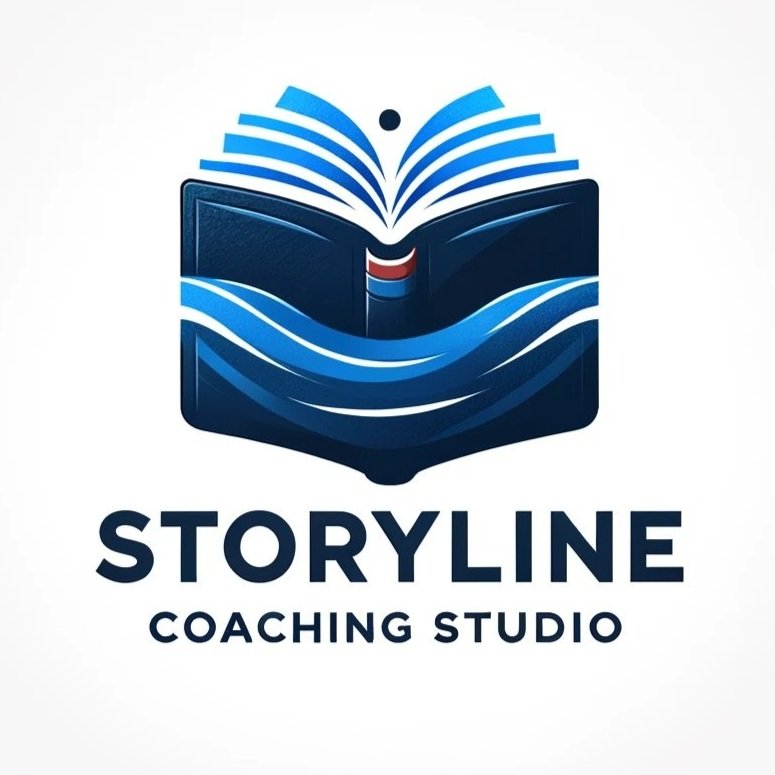Five books that will make you better . . .
at thinking, talking, transitioning, teaching, or learning.
Thinking 101: How to Reason Better to Live Better by Woo-Kyoung Ahn
Written by a Yale University professor, this book does a fantastic job of explaining and illustrating how cognitive distortions in our thinking can hold us back. I was lucky enough to win this gem in a workplace raffle at a serendipitous time.
Let’s Talk: An Essential Guide to Skillful Communication by Mudita Nisker and Dan Clurman
I was introduced to this book by its author, Dan Clurman, the professor teaching my Masters-level Interpersonal Conflicts class. This book changed my awareness of all that is happening in any conversation, formal or informal, and how to become more skilled at communication when the relational stakes are high.
Transitions: Making Sense of Life’s Changes by William Bridges, PhD with Susan Bridges
I was first introduced to this book twenty years ago when I was preparing for a move overseas. It helped me understand the art and science behind transitions, those wanted and unwanted. I have since returned to this trusty resource time and time again.
Embarrassment and the Emotional Underlife of Learning by Thomas Newkirk
Over the course of twenty years of professional development as an English teacher, this book had more of an impact on my teaching strategies than probably any other. This book will help you see learning as the vulnerable act it is.
Chock-full of effective learning strategies and refutations of ineffective, but often popular, study habits, this book will help learners (and teachers or trainers!) of any age understand why some learning sticks and some doesn’t.

